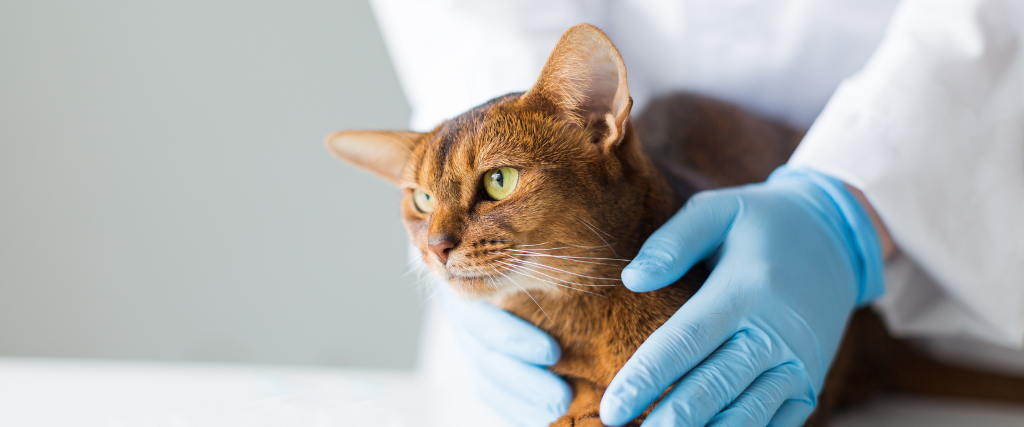Many pet owners associate heartworm with dogs, but it’s also a potentially devastating disease for cats, too. Cat owners must be aware of the signs and symptoms, as cat heartworm that has progressed to the adult stage becomes very difficult to treat and is often fatal. Prevention is the ultimate goal due to the severe nature of an infestation and to ensure the longevity of your cat.
What is heartworm in cats?
Cat heartworm is a blood-borne parasite that is far more common in dogs because cats are not natural hosts. For this reason, testing is less sensitive, and it’s assumed that heartworm is severely under-reported in cats.
Mosquito bites commonly transmit cat heartworm, much like dog heartworm. A mosquito takes blood from an infected animal and injects immature larvae when it “bites” your cat. The larvae migrate and mature over several months, eventually reaching the heart and pulmonary arteries. They mature into adult heartworms and reproduce approximately six months after the initial infection. By the time of maturation, heartworm disease can become fatal.
The severity of cat heartworm is contingent on the following:
- The number of worms in the cat’s body
- Duration of the incubation
- Cat's response
The American Heartworm Society provides deeper insight into cat heartworm, including transmission, signs, and what to do if you suspect heartworm.

Importance of Cat Heartworm Prevention
Prevention is critical when it comes to cat heartworm, as considerable damage is done as the parasites migrate and create a tremendous immune response. As the worms infiltrate the cat’s lungs, a natural immune response often destroys them, but they cause severe inflammation resulting in an asthma-like reaction. The resulting lung damage is permanent, and the asthma-like symptoms will likely persist for the duration of the cat’s life. In addition, adult worms reaching 12 inches in length can clog up the vessels in and around the heart.
A single worm can be detrimental to a cat’s longevity since heartworm treatment does not exist for cats. The worms can only live a couple of years in a cat since it’s not a natural host, and once the worms die, the inflammatory reaction of decaying worms causes severe disease in the cat. This makes heartworm prevention essential, as an infestation will eventually reach adulthood and often prove fatal to the cat.
A pill-form heartworm preventative can prevent parasites, and there are also effective topical products. Cats tend to respond better to topicals since it can be difficult for pet owners to get their cats to swallow a pill. Talk to your veterinarian about the ideal preventative for your cat.
Signs of Cat Heartworm
If preventative measures aren’t taken or prove ineffective, heartworm in cats leads to the following clinical signs. Asthma-like symptoms are the hallmark sign, and as the infestation progresses, additional symptoms begin to present.
Symptoms of heartworm in cats include:
- Coughing due to fluid in the lungs
- Open-mouth breathing
- Panting
- Labored breathing
- Vomiting
- Convulsions
- Lethargy
- Weight loss
Your veterinarian will need to run several tests to confirm that heartworm is causing the symptoms.

Diagnostics to confirm heartworm in cats include:
- Urinalysis
- Heartworm antibody test to see if a cat's immune system has been exposed to heartworms
- Heartworm antigen test to determine the presence of adult female heartworms
- X-rays to view the size and shape of a cat's heart and enlarged pulmonary arteries
- Ultrasound to view the internal structures of the heart and surrounding vessels and possibly see the worms in the heart
- White blood cell count, specifically eosinophils, which occur in higher numbers when heartworm is present
The AVMA offers additional insight into heartworm disease. Contact your dedicated veterinarian if you would like to learn more about cat heartworm or suspect your cat has been infected.

